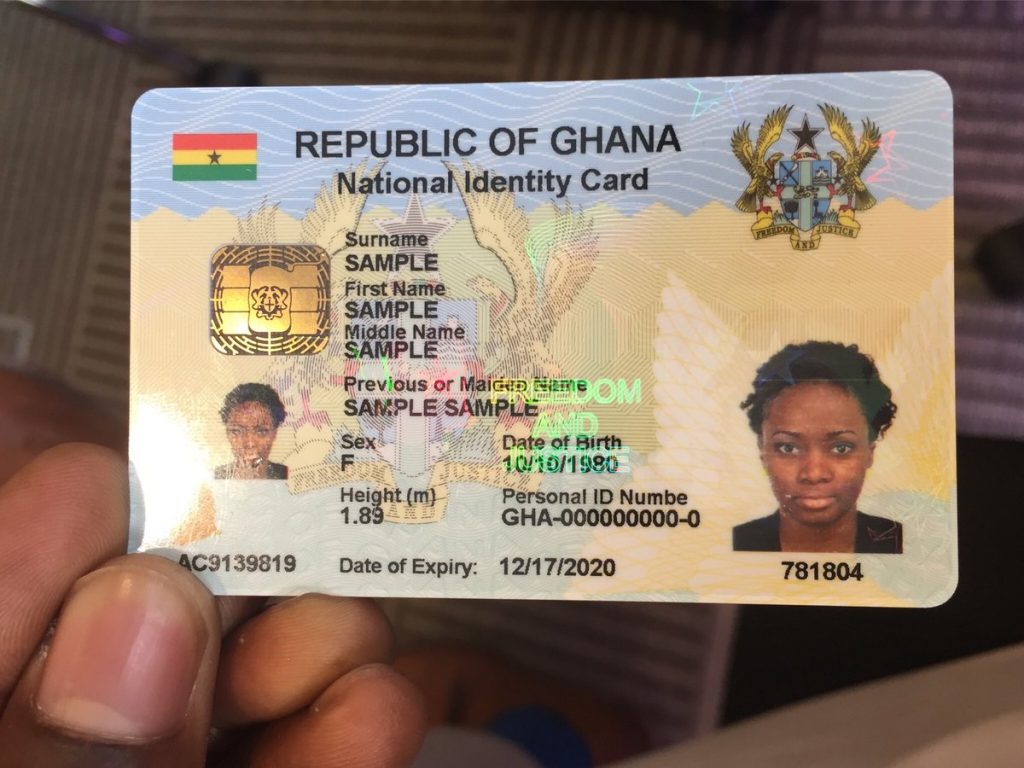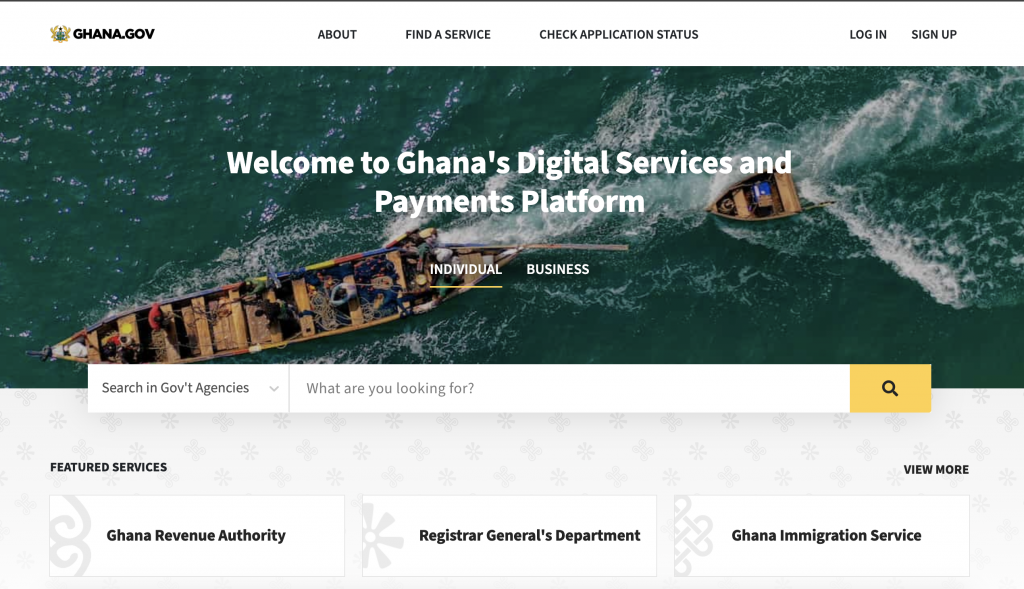In 2016, the Akuffo Addo administration came into power with grandiose ideas to transform Ghana. One of the ways they planned to do that was through digitisation.
By transforming government services from manual to digital, the government bet on making public services more efficient which would enable citizens to use government services more effectively.
But in trying to digitise government services, the government appears to be taking the wrong approach.
The Ghana government has been developing and implementing its own tech solutions for various public services and functions, such as digital identity, revenue collection, and health insurance.
While these initiatives may seem commendable and beneficial for the citizens, they also pose a threat to the existing and emerging tech startups that may already be in the market offering similar or complementary services.
The Giant Elephant In The Room
One of the main issues is that the government’s tech solutions are often mandatory and exclusive, meaning that citizens have no choice but to use them and cannot opt for alternative or competing solutions from the private tech sector. One such example is the country’s Ghana card.
The Ghana Card
The Ghana Card is a biometric national identity card issued by the National Identification Authority (NIA) and is required for accessing various public and private services, such as banking, voting, and health care.
At the time of writing, there isn’t any third-party software or startups that are capable of verifying the identity of the cardholder unless it goes through the NIA.
Any tech startup that was offering a digital identity solution to Ghanaian consumers is effectively shut out of the market especially if the Ghana Card is the only ID required for verification.

There is no word on if startups might be able to provide services for consumers through verification APIs for the Ghana Card through the National Identification Authority.
Registrar General Department
Another issue is that the government’s tech solutions are often poorly designed, implemented, and maintained, resulting in inefficiencies, errors, and frustrations for the users.
For example, the Registrar General Department (RGD) launched a new online portal for online registration of businesses in 2017, but it has been plagued with technical glitches, slow performance, and user complaints.

Currently, the platform doesn’t function as intended and users have resorted to going through middlemen or the manual process to register their businesses.
The Ghana government should rethink its approach to developing and deploying its own tech solutions for public services and functions. Instead of competing with or excluding the private sector, it should collaborate with and support it.
More Collaboration With Private Tech Players
Even though there have been hiccups with the government’s rollout of digital services, there is one good example of an online government service that appears to working well: The Ghana.Gov platform.

The platform is a digital service and revenue collection platform, created to provide a single point of access to Government of Ghana services for the public sector.
The platform serves as a good example of what happens when Government works more closely with the private tech sector. The platform was designed and built in collaboration with private tech firms which include ExpressPay, Hubtel, and IT Consortium.
This example should be a launchpad for other tech solutions that local government intends to roll out in the future.
Adopting the US’s Digital Service Structure
In 2014, then-US President Barack Obama unveiled the US Digital Service. With the service,
The United States Digital Service (USDS) is a technology unit housed within the Executive Office of the President of the United States. The service currently provides consulting services to federal agencies on information technology.

The USDS brings together the best engineering, design, and government talent to change our government’s approach to technology.
The Ghana government could replicate a similar service and bring Ghana’s best leaders from the private tech sector to consult and lead on critical tech solutions in the country.
This service could be applied to all facets of government services including healthcare, financial services, and more.
The Ghana government should rethink its approach to developing and deploying its own tech solutions for public services and functions. Instead of competing with or excluding the private sector, it should collaborate with and support it.
By doing so, the government can foster a more conducive environment for innovation and entrepreneurship in the tech sector, and ultimately deliver better services and outcomes for the citizens.
Catch up on news and other tidbits on our WhatsApp Community Page, Twitter/X, and subscribe to our weekly newsletter to ensure you don’t miss out on any news.










